The Don’ts of the “Don’t Say Gay” Bill

When has a state bill like Florida’s Parental Rights in Education Act ever sparked a national debate that caused this much discussion? Throughout the past few weeks of the controversy, the exact problem has become muddied. The bill itself has been dubbed the “Don’t Say Gay” bill by its critics, but the parties in support of the bill claim that it will allow children to learn about sexuality at an “appropriate” age. It will allow parents to sue schools if they believe that teachers are talking to students about anything a parent believes is not appropriate content regarding gender identity and sexual orientation. Florida is not the only state, as other states have introduced new bills with similar wordings that all have an implicit goal of limiting the conversation surrounding LGBTQ+ issues. However, the Florida bill dubbed “Don’t Say Gay Bill” violates the First Amendment by limiting speech and banning books.
HB1557, or Florida’s Parental Rights in Education Act, starts with a preamble stating that the bill aims to limit the “classroom discussion about sexual orientation or gender identity.” The seven-page bill goes on to outline how parents will have more say in their child’s education, such as being able to opt out of classes that discuss something the parent is not comfortable with, getting information on what transpired in meetings between counselors and students, as well as being able to sue a school for teaching something that a parent does not consider age-appropriate. The bill then states how all discussion about sexual orientation or gender identity would be banned from classrooms from kindergarten to the third grade. After third grade, however, discussion can still be limited by age-appropriateness and parents again can take action on anything they feel is out of line.
These bills are limiting teachers’ and students’ abilities to express themselves which goes against their freedom of speech. An article in the “Florida Phoenix” written by Danielle Brown quotes Cathryn Oakley, senior staff at the Human Rights Campaign which is an LGBTQ advocacy group, who says that the history of the bill’s introduction was designed to “marginalize LGBTQ youth.” As Ms. Oakley states, this bill is meant to limit the conversation about sexual identity which will restrict LGBTQ+ students from talking about their sexuality. In another article, published in “The Hill,” Brooke Midgon states that teachers can be punished for talking about sexual identity and can even be sued by parents who simply do not like the discussions occurring in the classroom. This can make teachers fearful of what they say because they can be prosecuted for the lesson the students are learning. This type of fear is what the first amendment was designed to protect and if a teacher has to watch every word she says because of a fear of legal retaliation, it can cause an environment of “academic chill.”
The bill also bans books that would create a discussion around and educate students on LGBTQ+ issues which undermines students’ rights to free speech. In the “Insider,” Canela López writes about a bill in Tennessee that would ban all books that would in the exact wording of HB800, “promote, normalize, support, or address lesbian, gay, bi-sexual, or transgender (LGBT) issues or lifestyles.” The bill goes on to describe how the main intent is to not offend anyone but is still not allowing anyone to even understand or learn about their sexuality.
Banning books has always been a contentious subject. Many books have been banned as they may be offensive to a certain group of people and are kept out of school curriculums. However, the banning of books to undermine a certain group of people is not protecting other people but oppressing and devaluing the voices of that group. It would limit discussion and the youth would not be able to understand who they are without the work of authors that have gone through similar experiences. This was happening during 2021 and now in 2022 the Florida bill is becoming a major influence in other state bills about banning books or content.
An article in “News Channel 9 ABC” by Kimberlee Kruesi, outlines how Tennessee has adapted parts of the Florida bill and made it more extreme. With the Florida bill, teaching about sexual orientation and gender identity is not allowed from kindergarten to the third grade. With the Tennessee law, this ban will include all grade levels as well as all textbooks that discuss LGBTQ in any way. The argument for many people in Florida who support the bill claims that the students are too young to learn this. However, in Tennessee, that argument can not be used as it bans all grade levels from discussing these ideas. The facade of keeping the children safe is completely false and it is an attempt to keep information from students and not let them understand who they are.
In conclusion, many of the laws being passed are violating free speech and not letting LGBTQ+ youth understand who they are by banning books and limiting speech. These laws have the goals to limit LGBTQ activity. With the creation of all these laws, many teachers and students will not be able to speak about who they are for fear of retaliation from parents and state governments. These bills directly opposes those in the LGBTQ+ community by cracking down on their free speech. It limits it to an extent where students and children who are learning about who they are will not be able to openly discuss important issues and create more struggle for these students who will not be able to pursue the support that schools, counselors, and teachers provide.
Under the guise of trying not to offend, these state legislatures have instead made an already marginalized group of people lose the voices that they so desperately need. The way students and activist groups can get around these laws is to set up support groups for students outside of school property. This may be a challenge as students may not be able to even contact these groups out of fear from parents who may not be as accepting. To combat this, hotlines should be made more available in these states to support LQBTQ+ students and allow them to express themselves. LGBTQ+ students must be able to express themselves, have a conversation, and even read books about who they are.

Vayun Tandon is a senior and a Managing Editor of the Bulldog Reporter. He is part of the Robotics team and loves to read and research theory...
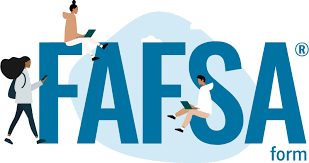
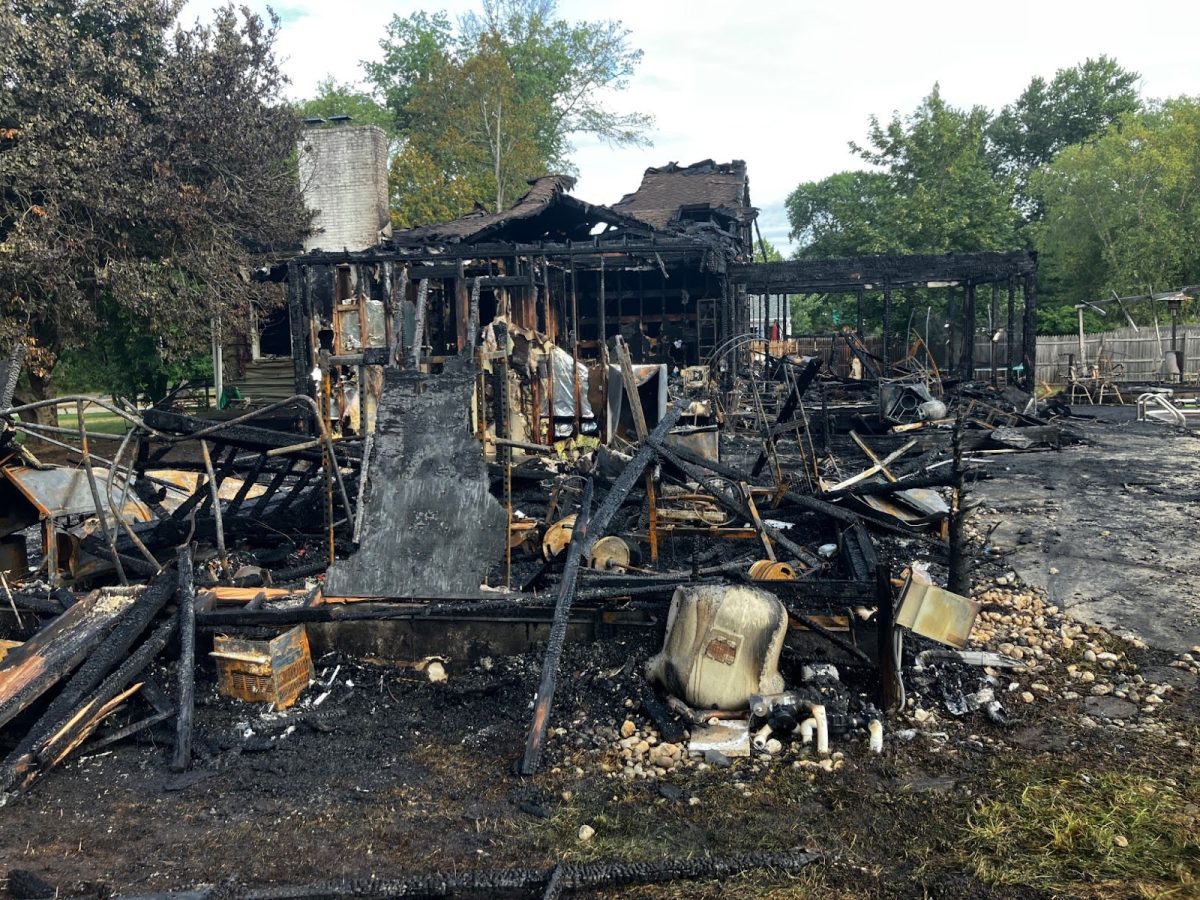




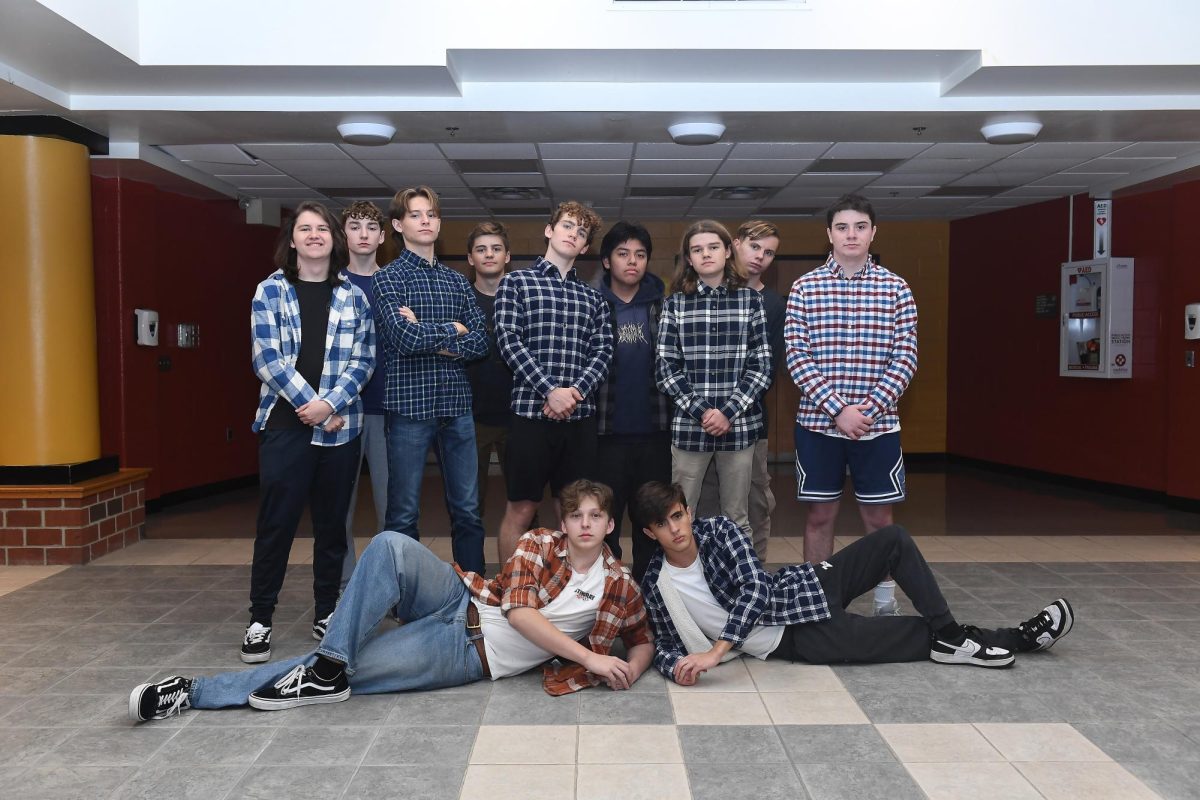
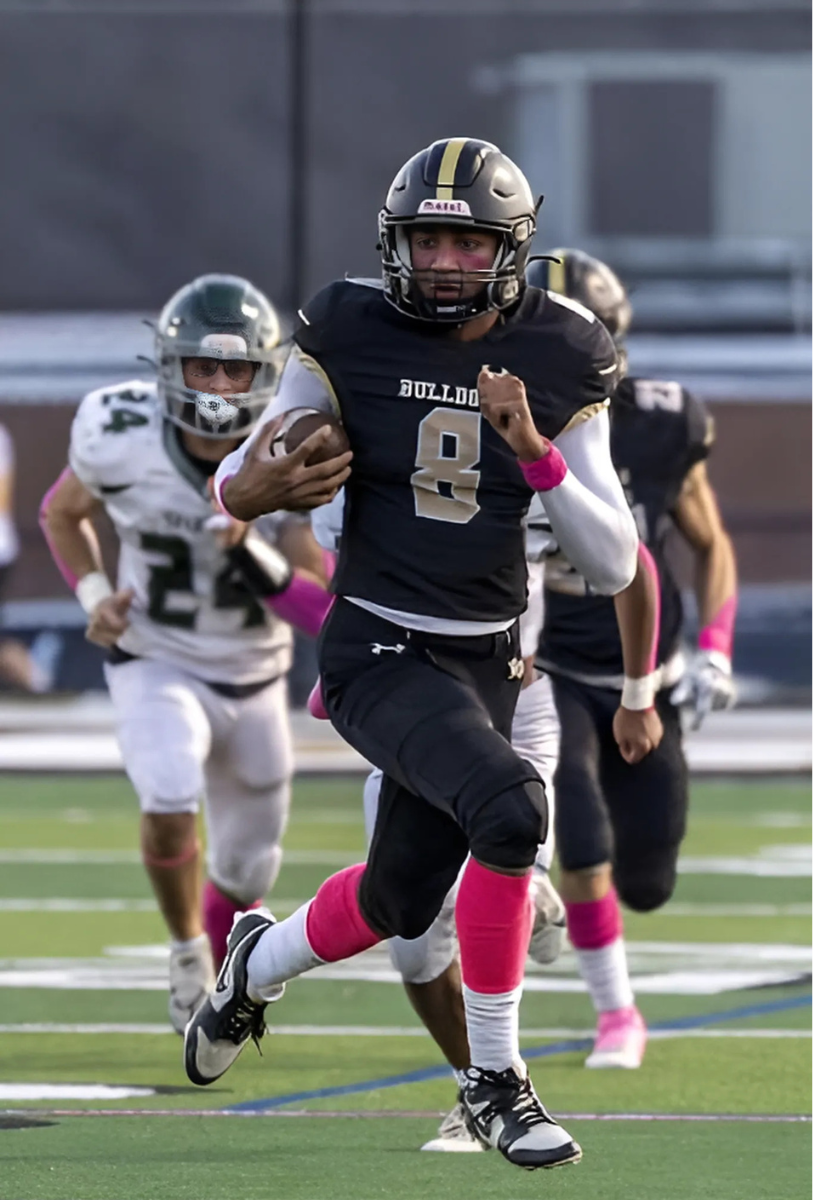
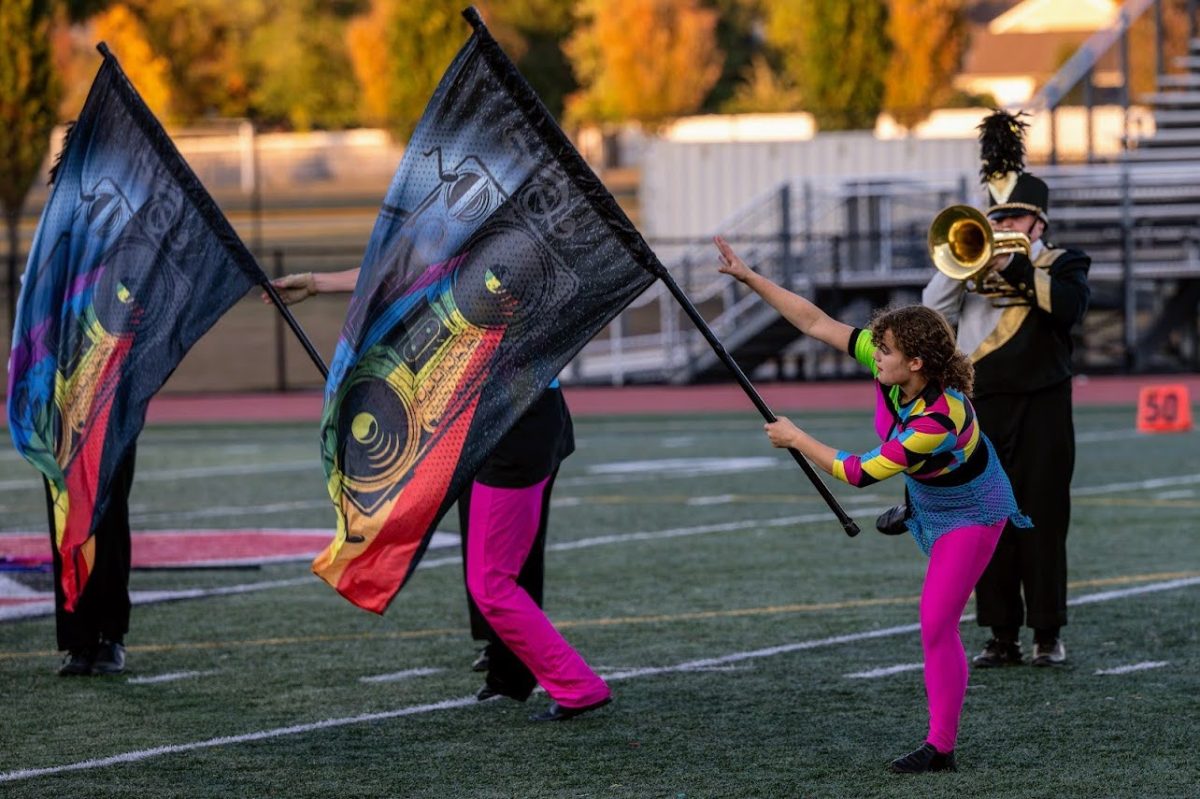




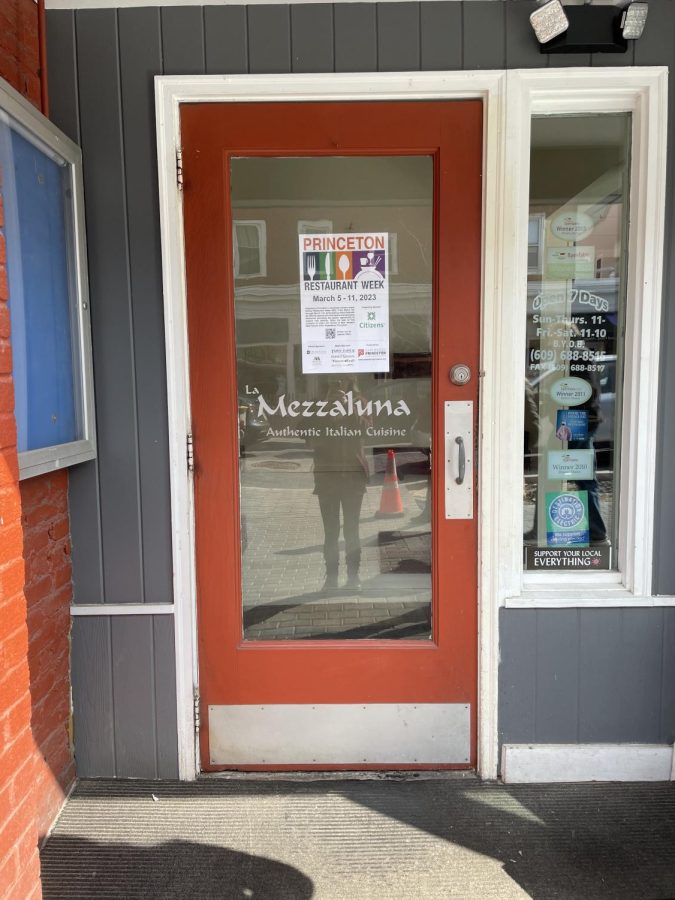
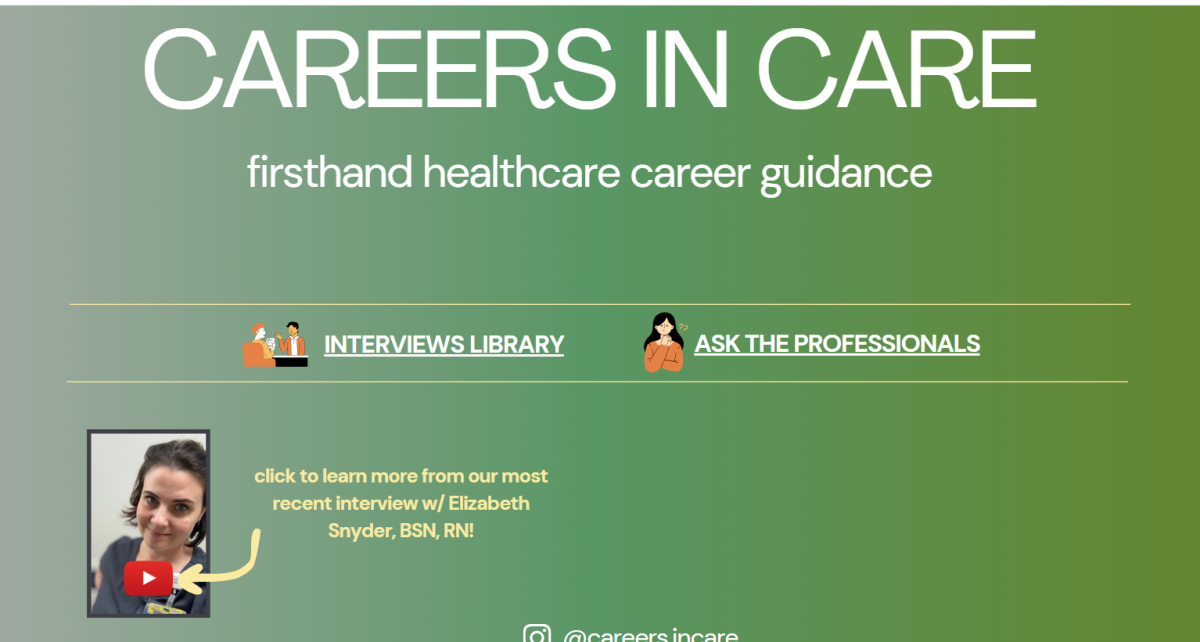









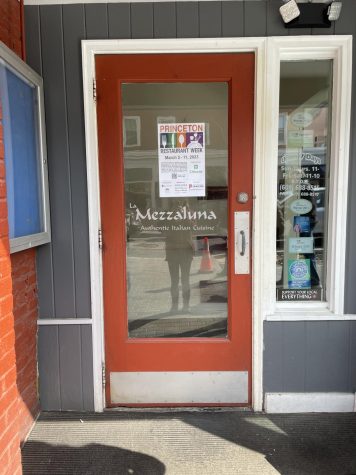

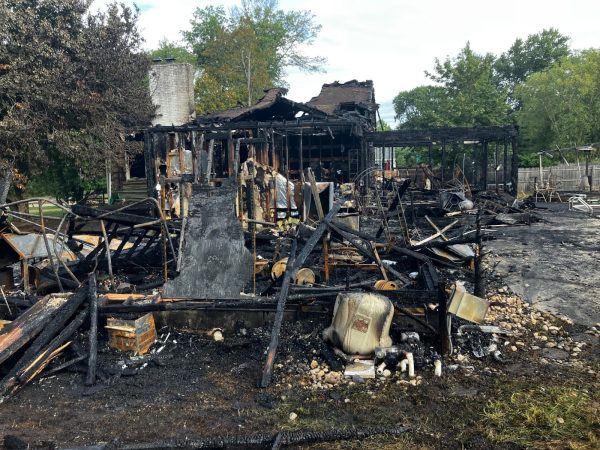

Caleb Fowler • May 23, 2022 at 6:36 am
Amazing article!!!!!! Thank you for accurately representing my community!